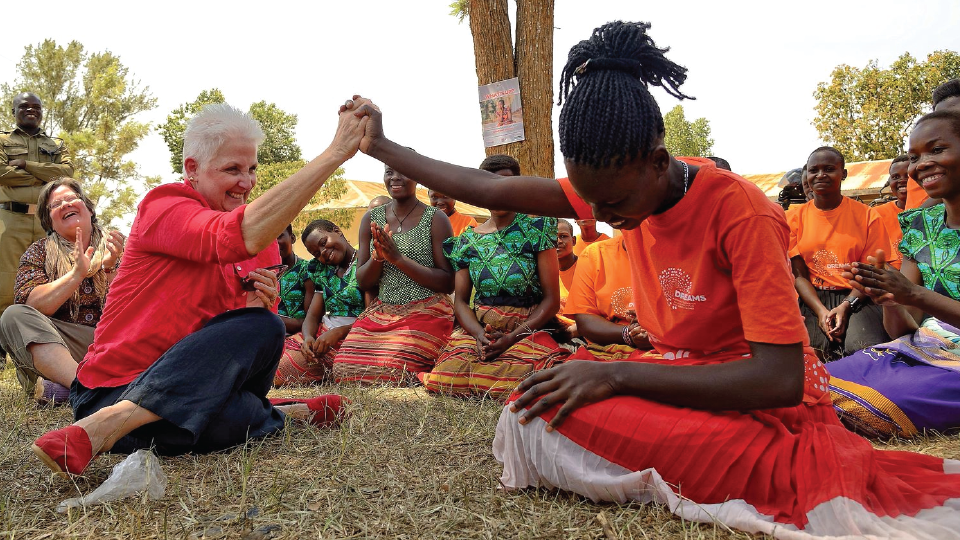
MIDPOINT UPDATE: CLICK HERE to see the Collaboration Laboratory partners' progress.
What is the Collaboration Laboratory?
The Sustaining Technical and Analytic Resources (STAR) project aims to better understand how to create and sustain respectful, mutually beneficial partnerships that will strengthen global health practice. One element of this work involves pairing academic institutions in order to develop, test, and codify best practices for successful, sustainable partnerships. STAR’s strategic approach to studying these partnerships is called the Collaboration Laboratory.
Paired academic institutions joining the Collaboration Laboratory receive grant funds and a facilitated learning experience while they work together on a project to solve a problem or generate new knowledge in global health. Eligible partnerships include one U.S. and one overseas-based academic institution, or two overseas academic institutions (from different countries/regions). The Collaboration Laboratory is made possible through funding by the United States Agency for International Development (USAID).
STAR launched its Collaboration Laboratory in September 2019, pairing eight academic institutions from varying regions around the world.
Each of the partnerships developed a Memorandum of Understanding to complete specific tasks or deliverables that advance global health practice. In December 2019, STAR completed the first of three Learning Exchanges with each of the partnerships to capture two baseline assessments: one on the actual partnership, completed collaboratively with the two partners; and the other on capacity building around knowledge management (KM), completed by each of the academic institutions individually. The institutions are using two STAR-developed tools called the Capacity Assessment Toolkit (CAT) and the Partnership Assessment Toolkit (PAT) for these assessments.
The CAT includes a series of seven questions to assess KM capacity within each of the institutions and to identify gaps or areas that may need improvement. The aim is to promote best practices around KM and knowledge sharing. The results from the CAT will serve as a starting point to initially address internal changes, which will lead to better sharing with external parties. Not only will the CAT be a learning tool for the institutions, but it will allow STAR an opportunity to evaluate the time and effort required, as well as obstacles, to affect this type of knowledge capacity change.
The PAT was designed to guide the partners through a self-assessment to score and analyze the strengths and challenges within their partnership. The PAT contains a questionnaire with statements that correspond to key components for a well-functioning, equitable partnership. Following the questionnaire, the PAT contains a discussion guide for partners and a template for creating an action plan to address issues identified during the assessment process. The act of taking time to think critically about the partnership’s processes and activities is known as “pause and reflect,” which aligns with USAID’s Collaborating, Learning, and Adapting approach that the Agency uses to improve program effectiveness.
During the first Learning Exchange, the STAR team was able to gain invaluable insight into the progress, challenges, and milestones that partners faced in the first two months of their engagement. The results of the first Learning Exchange will guide the second and final Learning Exchanges planned for in 2020, to refine a scalable and replicable partnership model for academic institutions globally.